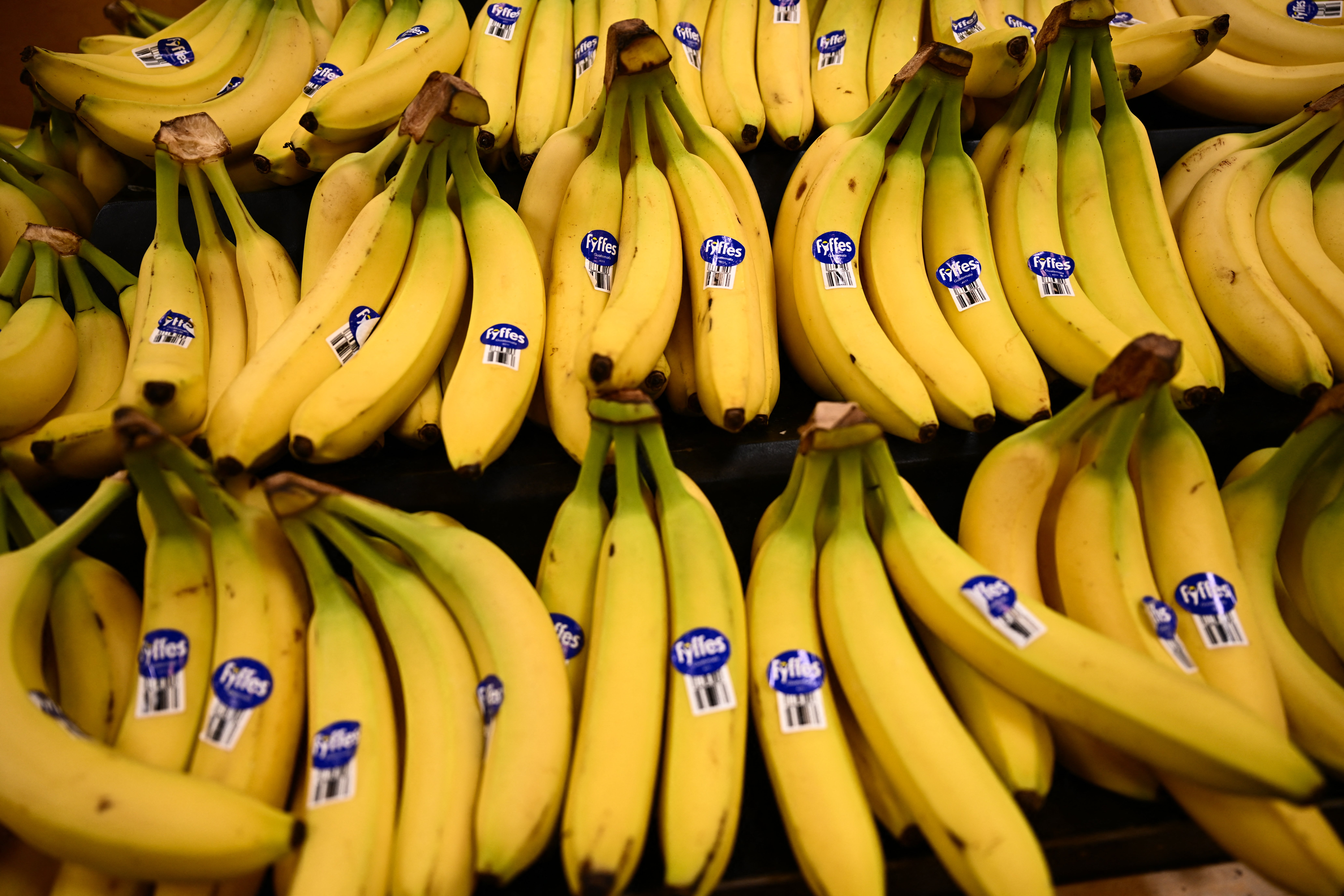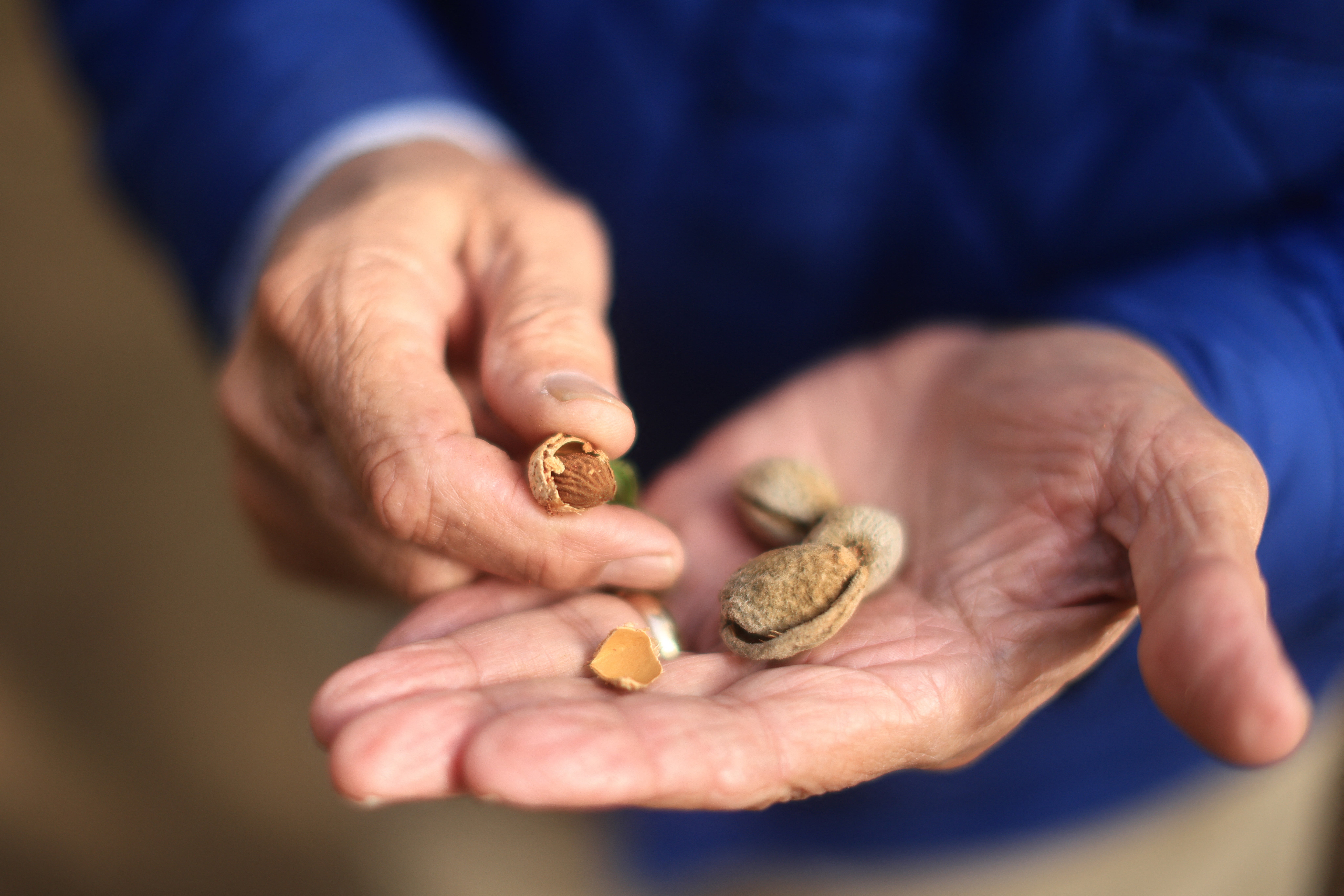Eating more nuts, fruits, vegetables, and whole grains may help to reduce your risk of contracting deadly heart disease and type 2 diabetes.
Researchers said this week that people who consumed more phytosterols — a natural compound found in plant foods — significantly delayed both of the conditions. Furthermore, eating more of them was linked to reduced inflammation, markers of better insulin regulation, and differences in the gut microbiome that may contribute to healthy metabolism.
The study was not designed to confirm why this is the case, but the researchers said their findings strengthen the evidence. More than 7000,000 Americans die from heart disease and some 101,000 die from diabetes.
“Our findings support the dietary recommendation of adhering to healthy plant-based dietary patterns that are rich in vegetables, fruits, nuts and whole grains,” Dr. Fenglei Wang, a research associate at the Harvard T.H. Chan School of Public Health, said in a statement. “These findings can help people make informed dietary choices.”
Wang presented the observational findings on Tuesday at the flagship annual meeting of the American Society for Nutrition.
Some phytosterol-rich foods include corn, almonds, broccoli, bananas, and wheat bread.
Previous research had found that eating foods with phytosterols can help to improve peoples’ health by lowering bad cholesterol, and may reduce the risk of cancer. However, most clinical trials have used high doses of the phytosterols that were beyond what someone might get through just their own diet. The new research is the first to show the benefits as part of a normal diet.
To reach these conclusions, Wang and his colleagues looked at data from more than 200,000 American adults that were a part of three studies. All of the participants were nurses or other health professionals and nearly 80 percent were women. Over the course of 36 years, more than 20,000 of them developed type 2 diabetes and nearly 16,000 developed heart disease.

The participants’ answers to food-frequency questionnaires allowed the researchers to estimate their individual intake of phytosterols, as well as three individual phytosterols known as β-sitosterol, campesterol and stigmasterol. Those who ate the most consumed the most phytosterol had about four to five servings of vegetables, two to three servings of fruits, two servings of whole grains, and half a serving of nuts each day.
This made them 9 percent less likely to develop heart disease and 8 percent less likely to develop type 2 diabetes compares to those in the bottom fifth percentage for phytosterol intake, the research showed.
Looking at the individual phytosterols, similar associations were observed for β-sitosterol. But, the same was not true for campesterol or stigmasterol.
In addition, the researchers analyzed blood samples, looking at the products of metabolism — also known as metabolites — from more than 11,000 people and other metabolic biomarkers in blood samples from over 40,000 participants. They found that phytosterol and β-sitosterol levels were tied to favorable metabolites and metabolic markers relevant to heart disease and diabetes. That signaled a possible reason for the association.

“Our clinical biomarker and metabolomic results suggest the involvement of insulin activity, inflammation and the metabolism of metabolites associated with type 2 diabetes and cardiovascular disease,” said Wang. “This suggests that phytosterol might reduce risk by alleviating insulin resistance and inflammation.”
In a group of just 465 participants, they examined the gut microbiome, or the trillions of microscopic organisms inside the intestines. They found several microbial species and related enzymes linked to higher intake of phytosterols that may affect the production of metabolites associated with a lower risk of diseases.
“We found that the gut microbiome might play a role in the beneficial associations. Some species, such as Faecalibacterium prausnitzii, carry enzymes that could help degrade phytosterol, potentially influencing host metabolism,” Wang said.
Can you really reverse type 2 diabetes? Here’s what experts say
Drinking Diet Coke has been tied to heart health risks. Here’s what you should know
The everyday habits that you didn’t know are harming your heart
Eating mango may support postmenopausal heart and metabolic health
The foods that colon cancer patients should avoid
Folks cooking at home has hit the highest level since the pandemic, Campbell’s says







